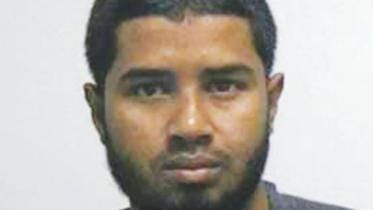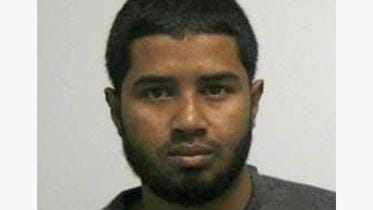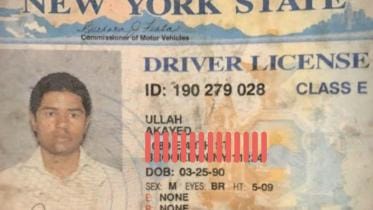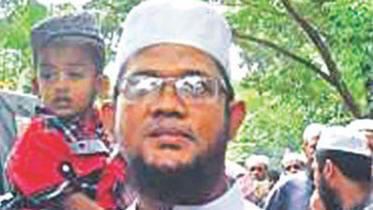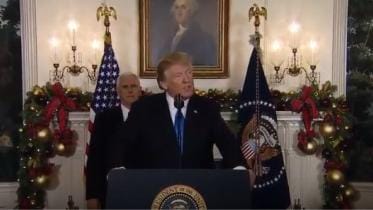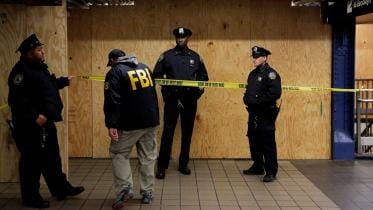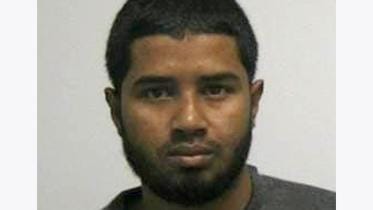Akayed Ullah
Akayed Ullah indicted for NY explosion
The Bangladeshi man accused of attempting a suicide bombing in a busy New York City commuter hub in the name of Islamic State in December was indicted on US terrorism charges by a grand jury on Wednesday.
11 January 2018, 18:00 PM
Akayed Ullah indicted for NY blast on US terrorism charges
The Bangladeshi man accused of attempting a suicide bombing in a busy New York City commuter hub in the name of Islamic State in December is indicted on US terrorism charges by a grand jury.
11 January 2018, 05:02 AM
Bombing underscores NY subway system’s vulnerability
The crude pipe bomb that exploded beneath the streets of New York serves as a chilling reminder of the vulnerability of the city’s subway system, a 24-hour-a-day operation with 472 stations and more than 5 million daily riders.
14 December 2017, 05:11 AM
Accused NY bomber's family says attack 'our worst nightmare'
Zulifikar Haider hopes his daughter would live the American dream when she married a fellow Bangladeshi living in the United States, but that dream turns into a nightmare when the family see pictures of her husband wounded after allegedly trying to set off a bomb in a crowded New York commuter hub.
14 December 2017, 05:04 AM
Akayed followed Jasim's writings
Akayed Ullah, accused of setting off a bomb in a crowded New York subway passage on Monday, was apparently influenced by sermons and write-ups of radical Muslim preacher Mufti Jasim Uddin Rahmani, police said.
13 December 2017, 18:00 PM
He 'acted alone'
The suspect in Monday's New York subway blast looked at Islamic State propaganda online but is not known to have any direct contact with the militants and probably acted alone, law enforcers in the US found.
12 December 2017, 18:00 PM
Chain migration to blame: Trump
A would-be suicide bomber's rush-hour blast in the heart of the New York City subway system failed to cause the bloodshed he intended, authorities said, but it gave new fuel to President Donald Trump's push to limit immigration.
12 December 2017, 18:00 PM
NY blast: Akayed’s wife, 3 relatives quizzed
Law enforcers quiz the wife of New York subway blast suspect Akayed Ullah and his three relatives to know more information about the suspect.
12 December 2017, 09:21 AM
New York subway blast in retaliation for United States airstrikes on Islamic State: Report
Akayed Ullah told investigators that he set off his bomb in retaliation for United States airstrike on Islamic State targets including in Syria, The New York Times reports quoting law enforcers.
12 December 2017, 07:10 AM
New York charges Times Square bomb suspect
New York officials say they charged the Bangladeshi suspect with terrorism, accusing him of setting off a pipe bomb in a crowded Manhattan commuter hub, as investigators in his home country question his wife.
12 December 2017, 06:19 AM



